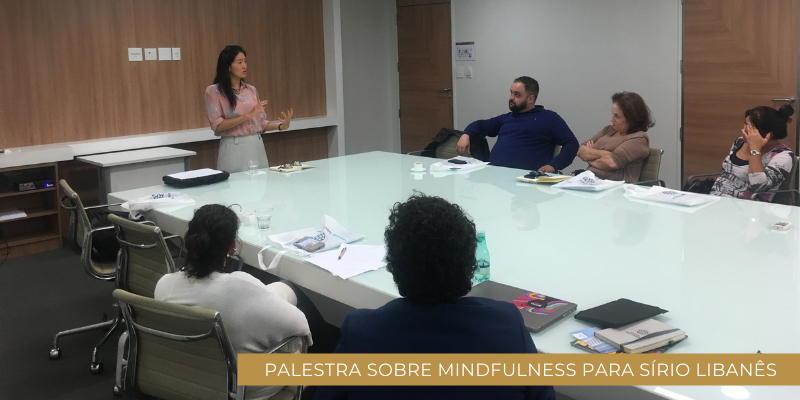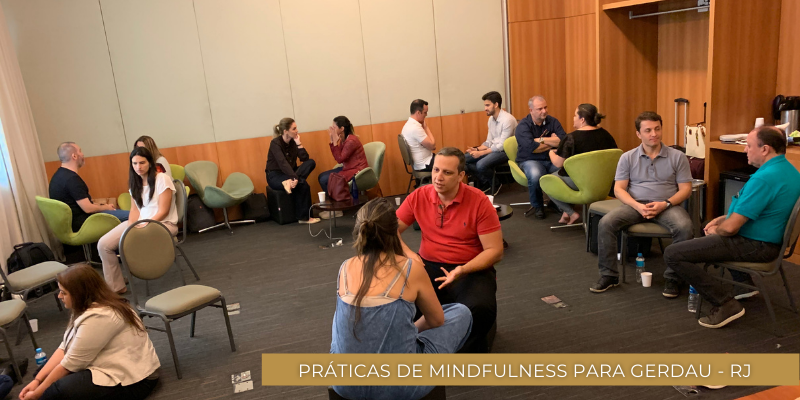The new Coronavirus pandemic has triggered drastic changes in everyone's lives on a global scale. The world has had to adapt quickly to this new reality, changing personal and professional relationships, as well as having a major impact on the economy and the social body of all countries.
Consequently, all these drastic changes have had a psychological impact on people. Existing worries have been exacerbated by this new way of life. The uncertainty of tomorrow has made society more anxious, sad, depressed, irritable, hopeless, with insomnia and many other physical and psychological symptoms.
A study carried out by the Oswaldo Cruz Foundation (Fiocruz), the Federal University of Minas Gerais (UFMG) and the State University of Campinas (Unicamp) found that 40.41% of Brazilian participants often felt sad or depressed, while 50.61% reported being constantly anxious or nervous during the pandemic.
Another study carried out at UFJF presented even more alarming data. "We found a significant proportion of depressive symptoms among the participants (92.2%), as well as 51% showing symptoms of anxiety and 52% symptoms of post-traumatic stress disorder."
What has caused these problems to develop? There are various causes, including social distancing, isolation, a reduction in stimuli, a reduction or loss of income and changes in routine. Because people are afraid of dying, getting sick and also of contaminating family and friends. And with all these challenges, the feelings generated are hopelessness, fear, anger, sadness, loneliness, frustration, among others, as already mentioned.
In March 2020, the World Health Organization (WHO) published a document, developed by the Department of Mental Health, reporting messages of support and well-being from different target groups. Its purpose is to promote psychological care for the world.
But after all, how can we reverse or alleviate all these emotional, psychological and even physical disturbances caused by this time of such distress?
The practice of Mindfulness has been shown to be highly effective against all these signs. Studies and scientific evidence reaffirm its benefits on a daily basis and how it can help improve quality of life.
The practice of Mindfulness can be used as a complementary tool, instructed correctly by trainers and mindfulness instructors, and not ruling out the guidance of health professionals such as psychologists and psychiatrists, in order to achieve a more comprehensive and rapid improvement.
However, this moment of self-care is not only essential for promoting health as a whole, but it also strengthens individual bonds by working on self-love and compassion towards others, which becomes indispensable at this time of vulnerability. And for those looking to expand their wellness practices, they can also include physical activities such as yoga, running and self-massage in their routine, which are excellent options for those looking to go further and get in touch with their body, breathing and the present moment.
Want to know more about Mindfulness and how to learn to practice it?






